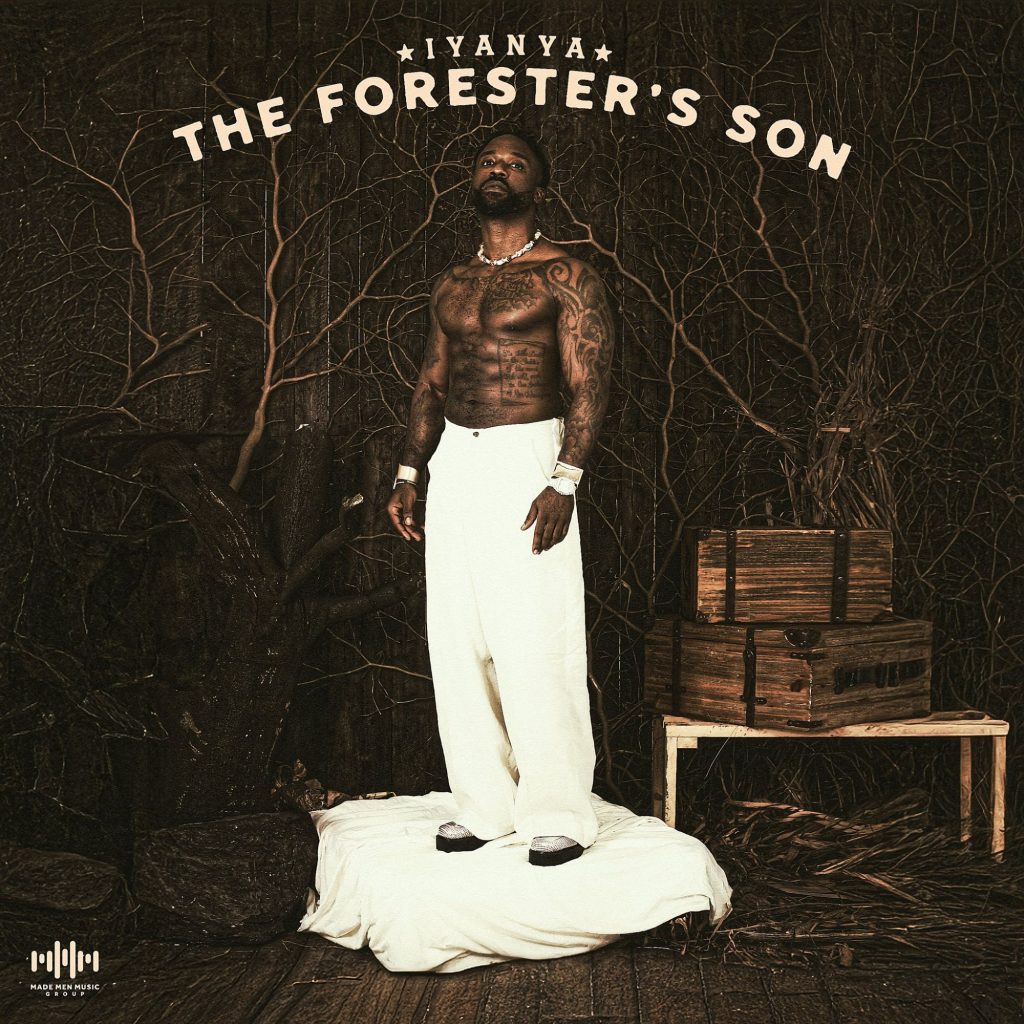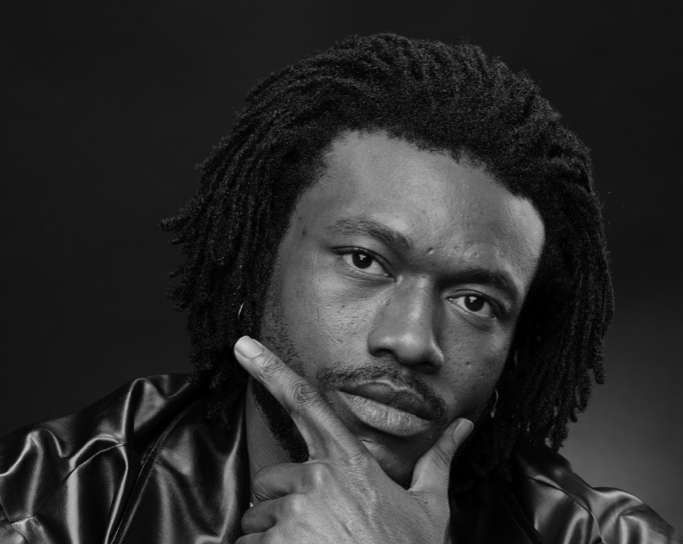Across colorful sonic palettes, replete with stereotypical love vices—Guchi comes across as a explorer of soundscapes. Whether that is intentional or as a consequence of her vague songwriting is a curiosity of its own.
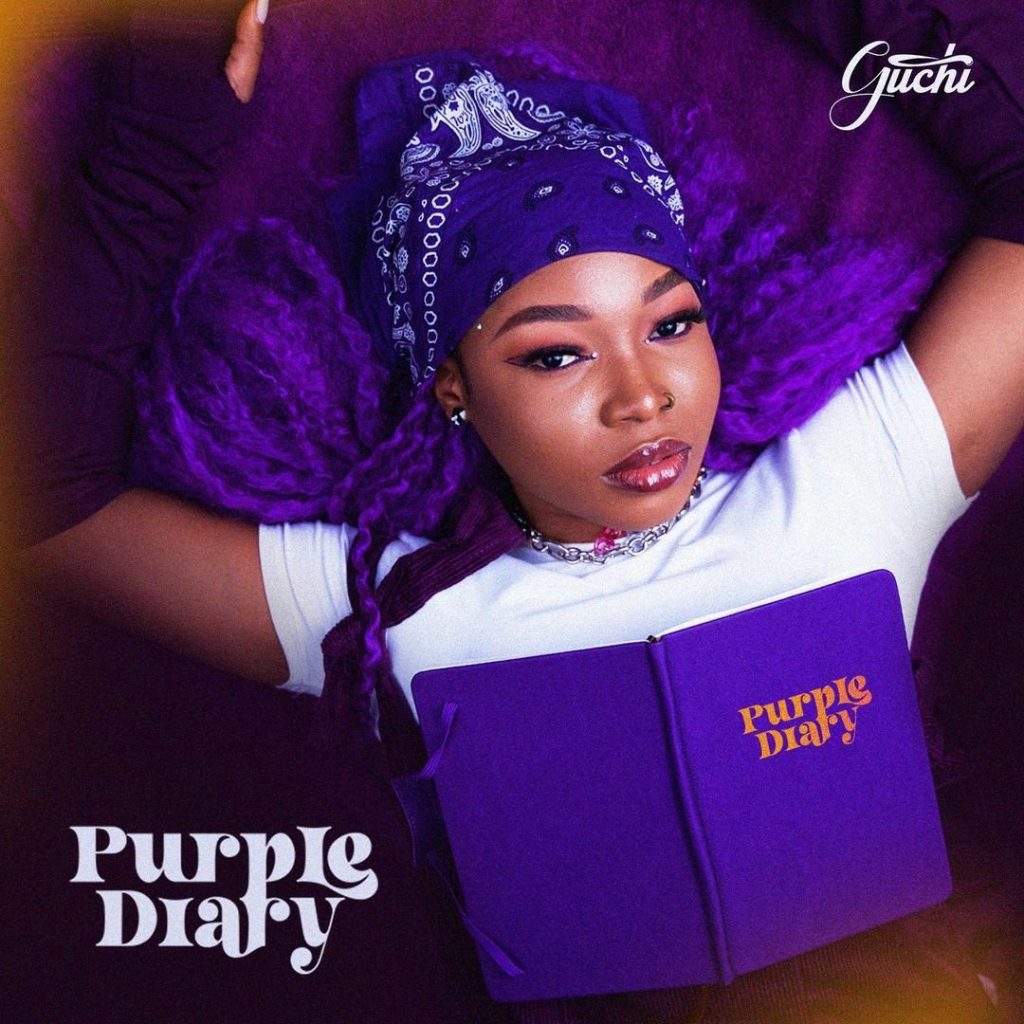
Wealth, creativity and extravagance. Just some of the common attributes that the color purple represents. Perhaps, it’s extravagance and grandeur that best describes the intention of this body of work being titled Purple Diary. It’s not the first EP to lack a conceptual progressive theme. It’s a common recurrence with mainstream projects. However there should always be a central progressive theme loosely tying such projects together. It’s quite hard to find one on this project.
All 6 songs on the EP are clearly love songs, but the artist isn’t sure what spectrum of love she wants to lean on. Indeed, a body of work could adopt varying facets of love to show its varying stages of depths and hopelessness. But if that isn’t chronicled properly on different songs, it could come off as an haphazard effort. One song shouldn’t be trying to do two separate things.
On the opener, Not Just Okay, one would innocently glean from the title that Guchi is a smitten lover that’s not comfortable with losing the reins and control of her mind to that of her lover, as she plunges hopelessly in her feelings. However, on the opening verse, she sings “I feel blessed” and “All night, I feel alright cuz you’re with me” before going on to chant she’s “not just okay” on the chorus. That betrays the whole concept of the build up and makes the song anticlimactic. Is she really alright or not okay? Parts of the song are battling with each other.
This push and pull continues on the next track, Taken Over featuring Ladipoe. It’s another Afro-R&B track with a minimal bounce and wailing chords. In her verse—leading up to the chorus where she declares that she doesn’t want her lover taking over and loathes the idea of relinquishing control—she sings, “I’ll be your energy and your everything.” On one hand, she is signing up willingly for the love dalliance and professing her commitment to losing herself in the waves of passion. And on another hand, she insists she doesn’t want her lover taking over, despite doing nothing to oppose him and in fact playing her part in it.
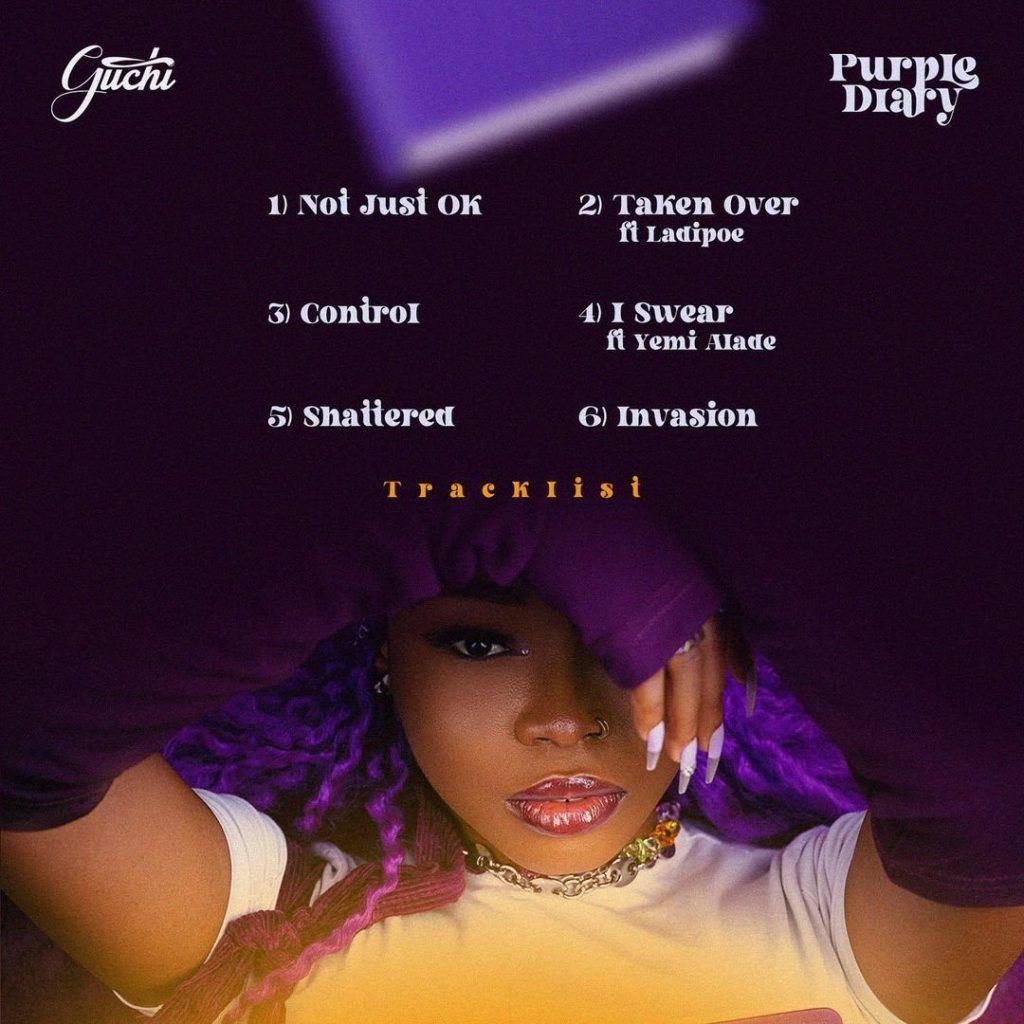
This writer understands that mainstream Afro-Pop isn’t renowned for its groundbreaking songwriting and is in fact known for its simplicity, and indeed majority of the songs on this project are Afro-Pop songs. However, the first 2 tracks are R&B songs and require a bit more effort to detail. Even if one wasn’t being so cynical towards the writing and viewed it through the lens of Afro-Pop in general, the criticism still stands. Formulaic and simplistic songwriting could pass as okay, but not a contradicting one.
Ladipoe’s verse and delivery is stellar. A flaw like this would go unnoticed in most singles, because well…it’s a single, and its main job is to garner momentum and notch hit status, so it gets a pass most times at doing whatever. In an album though, it becomes more conspicuous and overbearing. On Control, this flaw doesn’t escalate. Not because it has been solved and Guchi is sticking to the subject matter. It’s simply because the songwriting is more vague than ever and isn’t inherently saying anything meaningful. Yes, the songwriting on this project is best when it’s in its most vague state.
I Swear featuring Yemi Alade is more bearable on the ears, because it continues in the vein of the same vague pattern of the song that preceded it. It has moments, where it shows the symptoms of the opening tracks though. A line like “I’m running back to you” which basically means she’s going above and beyond to seek her lover, coming off the heels off “lock me up like a jailer” which implies she had little say over the matter and her feelings seem to be dictating her actions—is more of the same tussle of logic echoing throughout the album.
Both lines are metaphors that shouldn’t be interpreted literally, but as figures of speech, they hardly make any coherent sense coming right after each other. The track follows the same chord progression as Control, except the kicks and baseline are more pronounced on I Swear and it features more immersive classical guitar riffs.
“Love me if you wan love me, leave me if you wan leave me” are lines that paints a scenario of a two-faced lover, that’s affectionate and cruel at the same time. This in turn spurs their lover to be confused on whether or not the love is genuine or it’s all games. That seems to be the overarching sentiment on Shattered, still Guchi doesn’t paint the full picture. All what the song shows us is the cruel part of her lover.
There is no line dedicated to portraying a humane, caring side, yet she is confused as to whether or not she should leave. Perhaps, the song should be titled Stupid For Love. That would work more in conveying the truth that she’s a masochist who doesn’t wanna leave, despite how toxic said love has gotten. The story she attempts to tell on the other hand though isn’t compelling and will fail to connect with any attentive listener.
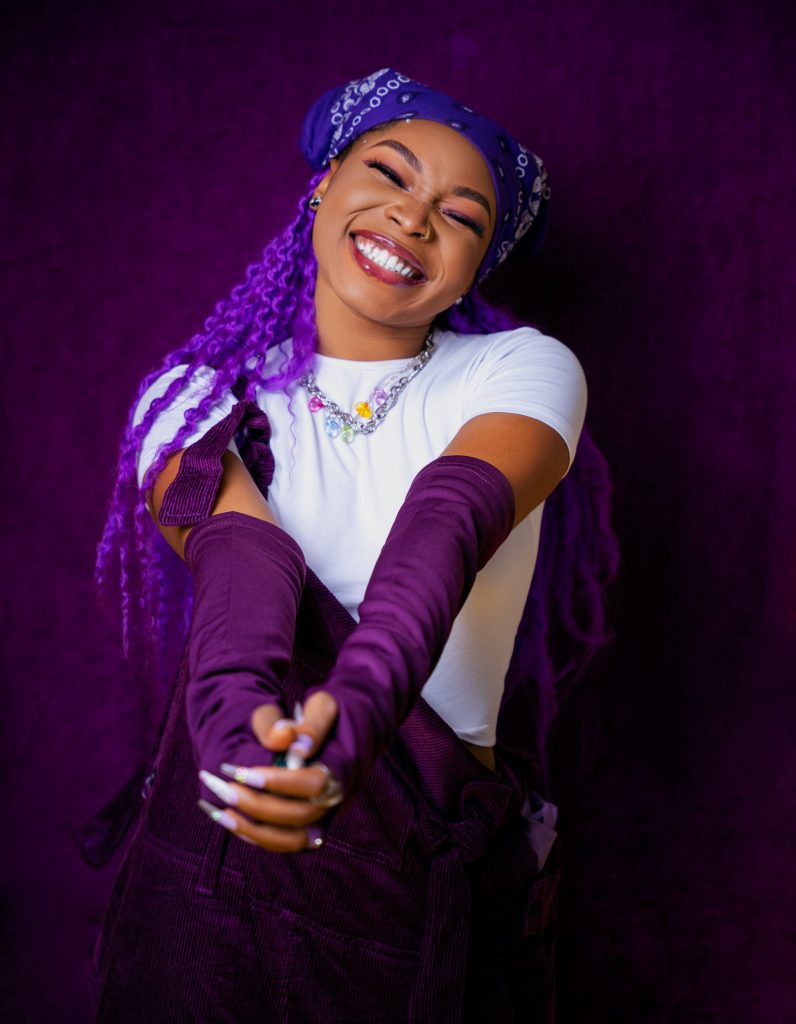
This writer should be weary of this same problem that keeps popping up on every song and maybe gotten accustomed to it in some extent, but with a line like “pass am the thing, like a patriation” used in describing a sexual encounter on the last song, Invasion—it just doesn’t get any easier on the ears. For context, a patriation is the transfer of a governmental power from a former mother country to a newly independent one. How such juxtaposition or reference makes sense in a sensual setting honestly blows my mind and makes me wonder about the A&R and executive producers on the album.
A lot of times, some ridiculous lines see the light of the day on songs—as a result of the need to force rhymes and catchiness in order to make it stick. This one doesn’t rhyme with the former and latter lines—and also fails to make any sense, context wise whatsoever so it’s a honestly a wonder why the line was allowed to pass. The rest of the writing on the song is quite vague, so there are hardly more cringe fest moments but the damage has already been done in the opening lines of the song.
Sonically, this EP doesn’t sound bad. Guchi coasts on soulful and colorful soundscapes that hit the right emotive notes sometimes. It can be enjoyed as the surface-level, mindless music it is but one could glean from the topical direction, that it’s meant to be a bit introspective and incite brooding.
This review is written by T.J. Martins, an Album Talks’ writer.


